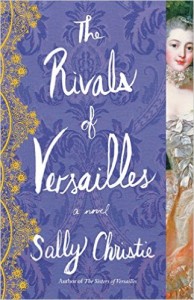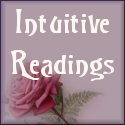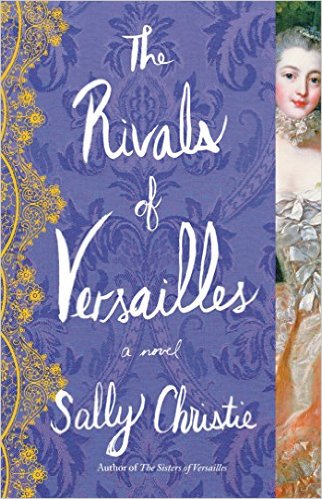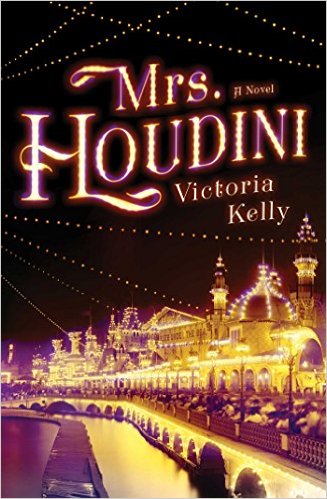 One of the more difficult things for some pagans – sometimes those new to our “ranks” – is what to do in between major festivals when there’s a lull in the excitement before preparing for the next one. Right now, the northern hemisphere is between Imbolc and Ostara, although for me, activities related to my goddess Brighid last throughout February, not just at Imbolc. But what can be done in between times of celebration and ritual?
One of the more difficult things for some pagans – sometimes those new to our “ranks” – is what to do in between major festivals when there’s a lull in the excitement before preparing for the next one. Right now, the northern hemisphere is between Imbolc and Ostara, although for me, activities related to my goddess Brighid last throughout February, not just at Imbolc. But what can be done in between times of celebration and ritual?
I was brought up to understand that our pagan tradition was never a religion but a way of living. It was in our daily lives, so very part of our makeup, that I never realized until I was an adult that I was raised raised in Celtic polytheistic tradition. It was handed down so thoroughly from generation to generation that we never used labels like witch or pagan or whatever until I started piecing things together and asking questions. My point? Well, for me, there really isn’t a lull between sacred days that some pagans seem to experience, as if they go back to “normal” life after Samhain, Yule, Imbolc, etc.
This is not to say you’re not a “real” pagan if you don’t have a bubbling cauldron brewing up eye of newt and dead man’s toes every single day. Far from it. I mean to say that there can be magick and intent in everything you do from the most mundane housework to the most complex ritual. If you want magick and intent in your everyday life, you can have it. Really, it’s just about teaching yourself to have that natural frame of mind.
For example, every morning I make an effort to reconnect with my environment, with the nature around me. This doesn’t require anything special beyond building enough time for a cup of coffee or tea or whatever you drink in quiet contemplation of your place in the greater scheme of things. And that morning coffee? As you stir it, you can infuse your cup with the intention of having a good and productive day. Take that short time to state your intention to yourself and the universe about what you’re going to accomplish with your renewed daylight.
In between times can be used for studying. No matter how experienced the practitioner, there should always be an understanding that study and learning is necessary. I find it dangerous for the ego when a practitioner decides they’ve learned enough and they know everything. It’s not a good thought process, in my opinion. Keeping a learning spirit alive will also keep the practitioner open to new experiences. Have a few free minutes? Read a little bit of a book on your craft, or even learn something about a path outside of your own, because it’s important to understand the beliefs of those around you even if you don’t follow them. Basic understanding of other people’s lives can stop a lot of prejudices, angry words, and misunderstandings. Always be willing to expand your horizons.
We always had winter gardens and summer gardens as well as indoor plants, which is another area where you can integrate your practice into everyday life. No, it’s not as glamorous as doing big rituals under the full moon but it’s just as necessary. We should be doing everything we can to replenish what’s taken from the earth. I was taught to view ourselves as nature’s helpers.
How are your tools of the trade doing? Between festivals is a good time to repair tools, cleanse them, and recharge them in whichever manner you were taught or prefer. I’m someone who was raised with the value of making my own tools from things in nature around me, which takes more time than simple repairs, cleansing, and recharging. It’s better for me to work on tools if I’m making anything when there’s a lull in the calendar. My current project is building a hanging altar with a shadowbox on my wall to save space (hello, urban witches!). There’s no hurry. Take your time with your tools and make sure they’re completely right for you.
Related to the care and upkeep of your tools is the care and upkeep of your Grimoire or Book of Shadows if you have such a thing. How is it? Have you added to it lately? If you died tomorrow, is it ready to pass on to your heirs? Better get on that.
Even doing household chores has the potential for magick or intent. There are all sorts of natural cleaning liquid or powder recipes out there designed by other practitioners. The ingredients are chosen not only for physical cleaning purposes but for maintaining a desired environment in the home. A pagan or witch is never so powerful as when on his/her/their home turf, so it’s important to maintain the home with the kind of power and respect you desire in yourself as a practitioner. These cleaning supplies and methods become so habitual that in time, you won’t even realize, “Hey, I’m doing pagan stuff.”
And that’s what I mean by the whole thing here. For some, being pagan is more of a religious experience conducted outside of the self with all the themes and worship that religion often entails. For others, being pagan is an internal state of being expressed through outside actions. You’re the handler and curator of nature and energies within yourself as well as surrounding you in your environment. Doesn’t it make sense to incorporate it into your everyday life because you are the curator of your everyday life?
Read More
 Recently, I had the opportunity to read The Rivals of Versailles by Sally Christie thanks to an advanced reader copy from Atria Books. It’s the second book in the Mistresses of Versailles trilogy set to be released on April 5, 2016.
Recently, I had the opportunity to read The Rivals of Versailles by Sally Christie thanks to an advanced reader copy from Atria Books. It’s the second book in the Mistresses of Versailles trilogy set to be released on April 5, 2016.














 Recently I had the opportunity to read an advanced reader copy of Mrs. Houdini by Victoria Kelly thanks to the publisher, Simon and Schuster through NetGalley.
Recently I had the opportunity to read an advanced reader copy of Mrs. Houdini by Victoria Kelly thanks to the publisher, Simon and Schuster through NetGalley.